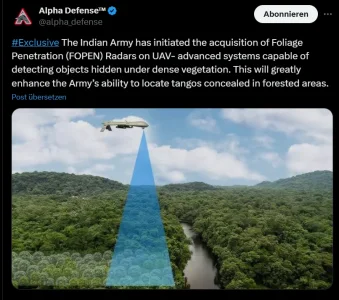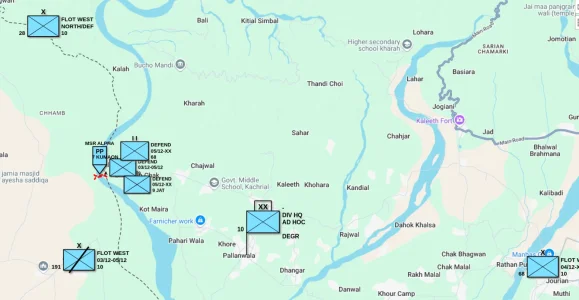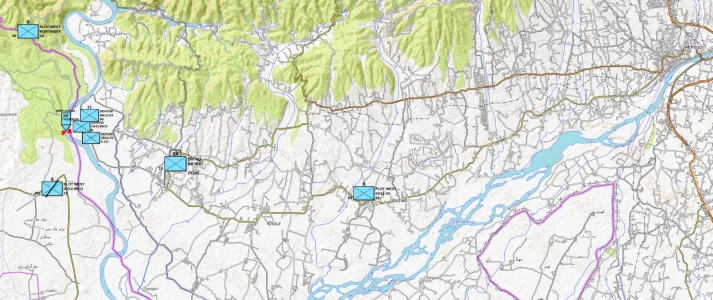That’s pretty obvious to me. Just look at the American budget and manpower. They can afford to have specialists for different theatres.
The thing about UKSF is their training is brutally intense, their schedule constantly packed, on top of that they get to use each one of America's toys.
Jay Cal was attached to Delta for 1 year and got both humbled and out-performed in various shooting competitions. The Americans he said were about precision, to which I think this response fits well what he said here:
View: https://youtube.com/shorts/WDhHh2bYyK4?si=NKQMmjL5VB0TbGE3
The thing is, not everyone in American SOF gets to see action, that might be not so common at tier 1 levels, but the larger US SOF yes this is true, this is because the larger size of the unit and only some would realistically see combat.
UKSF community is small, but its influence and operational output are disproportionately significant. While the U.S. Army Green Berets have a formal mandate to train and advise foreign militaries, it is, in fact, the SAS and other UKSF units that have historically been the blueprint for countless elite forces worldwide
Moreover, the operational cycles between UKSF and U.S. SOF reveal a critical difference.
U.S. SOF - often spend extended periods training and advising, followed by comparatively shorter, targeted deployments. They benefit from unparalleled logistical support and resources
UKSF, on the other hand, operate under a far leaner structure but maintain a relentless tempo.
A typical UKSF operator cycles through six months of advanced training and specialist courses, six months of deployment with JSOC-level missions, six months of domestic readiness akin to FBI HRT-style counterterrorism rotations, and six months of strategic theater-level responsibilities, often integrated within SOCOM command frameworks or NATO operations. This continuous loop ensures that UKSF units are perpetually operational across all domains—training, combat, internal security, and global strategy.
This isn't to diminish the capability or dedication of U.S. SOF, but rather to highlight that UKSF operate with fewer resources yet match or exceed output expectations by integrating both British doctrine and access to allied (often American) assets.





